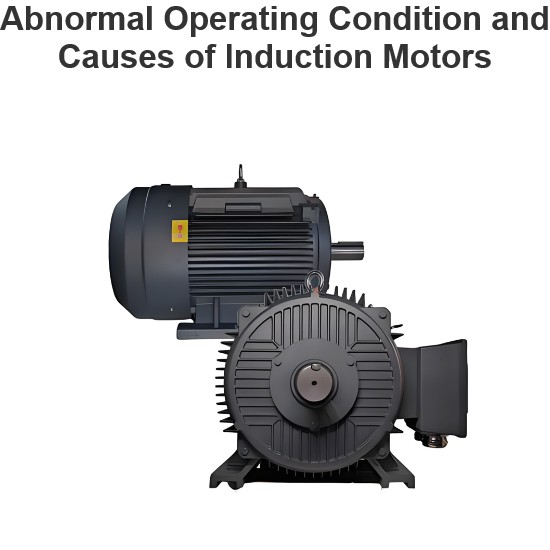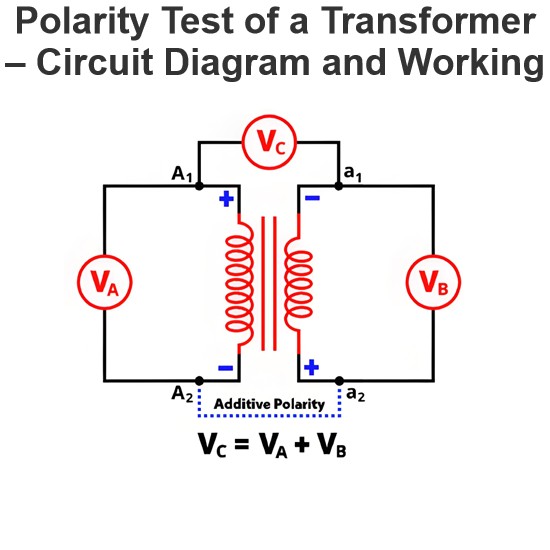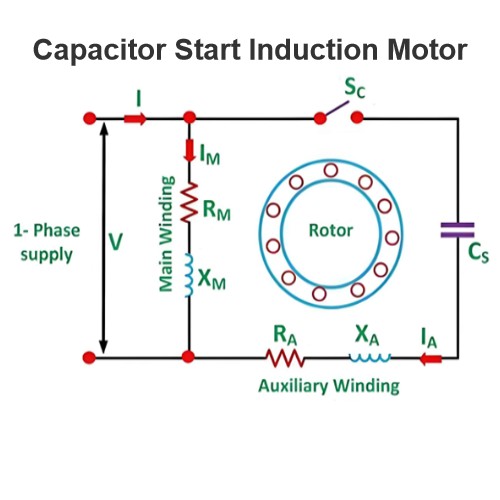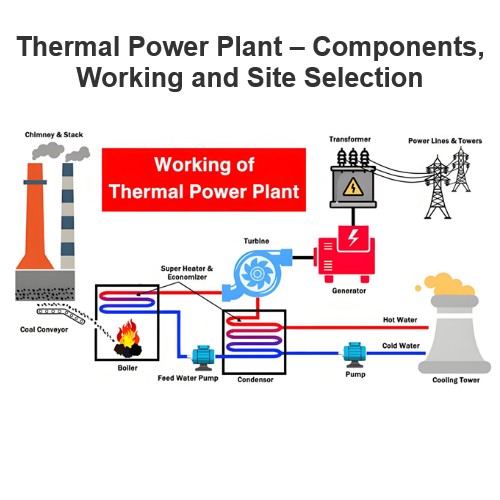What is pros and cons of the hybrid solar inverter and non hybrid inverter?
Hybrid solar inverters (Hybrid Solar Inverter) and non-hybrid solar inverters (Standard Solar Inverter) have distinct differences in design and functionality, each with unique advantages and disadvantages. Understanding these can help you make an informed decision when choosing a solar system that suits your needs.
Hybrid Solar Inverter (Hybrid Solar Inverter)
Advantages
Integrated Storage: Hybrid inverters can directly integrate with battery storage systems, allowing users to store excess solar energy for later use.
Grid Interaction: During grid outages, hybrid inverters can automatically switch to backup mode, continuing to supply power to the household.
Smart Management: Many hybrid inverters come equipped with advanced management systems that optimize energy usage based on consumption patterns, prioritizing the use of solar energy over purchasing electricity from the grid.
Flexibility: Users can adjust the system configuration according to their needs, choosing either to use solar energy immediately or store it for nighttime or cloudy days.
Disadvantages
Higher Cost: Hybrid inverters are generally more expensive than standard inverters because they include additional features and technologies.
Complexity: Installation and maintenance may be more complex due to the involvement of battery management systems and other added functionalities.
Maintenance Costs: Due to the inclusion of battery storage systems, regular maintenance of batteries may be required, and batteries have a finite lifespan that necessitates replacement.
Standard Solar Inverter (Standard Solar Inverter)
Advantages
Cost-Effective: Compared to hybrid inverters, standard inverters are less costly.
Ease of Use: Installation and maintenance are relatively simpler since there are no additional battery management systems involved.
Efficient Conversion: Designed specifically for converting solar energy into grid-compatible alternating current (AC), they often achieve high conversion efficiency.
Disadvantages
Lack of Storage: Standard inverters do not have the capability to integrate directly with battery storage systems, meaning they cannot store excess energy for later use.
Dependence on Grid: In the event of a grid outage, standard inverters typically cease operation unless paired with an independent backup power solution.
Limited Usage Flexibility: There is no flexibility to adjust energy usage patterns dynamically; solar energy must be used immediately or fed back into the grid.
Summary
Choosing between a hybrid inverter and a standard inverter depends on your specific needs and budget. If you desire storage capabilities and wish to continue using solar energy during grid outages, then a hybrid inverter might be a better choice. Conversely, if your primary goal is to install a solar system at a lower cost and you are not concerned about energy storage, a standard inverter may be more suitable for you.
The Electricity Encyclopedia is dedicated to accelerating the dissemination and application of electricity knowledge and adding impetus to the development and innovation of the electricity industry.













